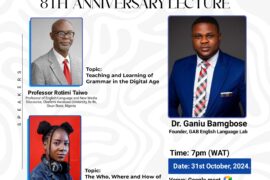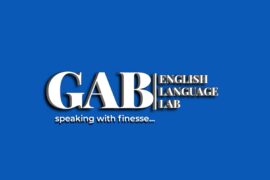Some modal verbs (might, ought to, should, would, used to, could, must and needn’t) in indirect speech or statements either retain their forms or change to other verbs to express certain concepts. Let us consider them as they are used in structure.
A. The word might ordinarily remains unchanged but when it is used as a request form, it undergoes substitution: Bisi said, ‘You might give me a cup of water’.(DS), Bisi asked me to give her a cup of water. (IS)
The verb asked replaces might to express request in indirect speech.
B. When ought to or should is used for obligation or assumption, the modal verb remains unchanged, e.g., ‘Employers ought to pay workers as at when due’, said the man.(DE). The man said that employers ought to pay workers as at when due’.
However, when ought to/ should is used to express advice rather than obligation, the verb ‘advise’ substitutes for the modal verb, e.g., ‘You should switch of the appliances before leaving the room’, said Peter.(DS). Peter advised me to switch off the appliances before leaving the room.
C. When the modal verb ‘used to’ is used, it remains unchanged in the indirect speech. ‘I used to attend the concert’ said George.(DS) George said that he used to attend the concert.
D. When could is used in a structure to express ability, it can remain unchanged or be replaced by ‘would be able to’ in the indirect speech. ‘I could ride it next time,’ she said. (DE) She said she could/would be able to ride it another time.
E. When must is used to express intention or permanent command, then the modal verb remains unchanged. ‘ The fire must be kept burning’, said the leader.(DE) The leader said that the fire must be kept burning.
But must used for obligation either remains unchanged or be reported by ‘would have to’.
‘I must report at the camp tomorrow’ , said Olu. Olu said that he would have to report at the camp the following day.
Have a terrific week!



1 Comment
This is really educatiing. Please keep it up.